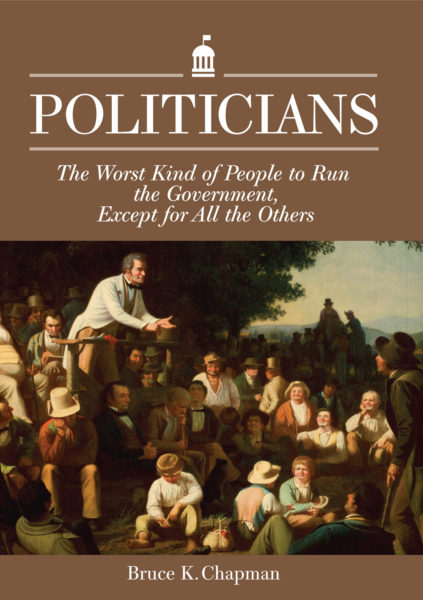
Archives


An Evolutionary Guide to Paying on Dates
On Biology of the Second Reich, New York Times Misses the Elephant in the Room

Make the Seattle City Council Great Again
This city used to build dams, now it just taxes
From Darwinism to Dataism: Will We Lose Democracy to Techno-Religion?
Darwin, Marx, and Something Called Political “Science”
From Darwinism to Dataism: Will We Lose Our Representative Democracy to Techno-Religion?

Darwin, Marx, and Something Called Political “Science”

New Book Says Politicians Are “The Worst Kind of People to Run the Government, Except for All the Others”

Politicians
The Worst Kind of People to Run the Government, Except for All the OthersHow Amtrak has come off the rails

The Man Who Could Be King

New Book Replies to Modern Thomists Who Would Make Peace with Evolution
